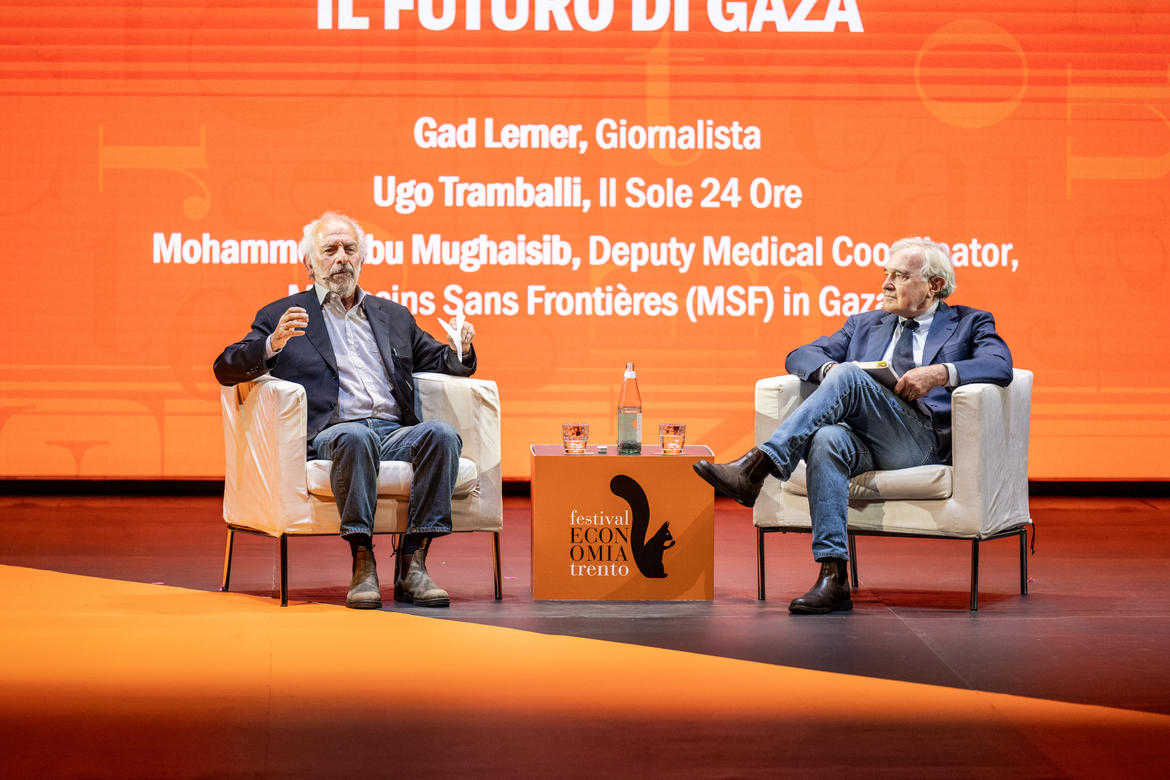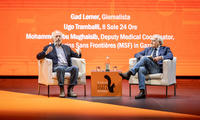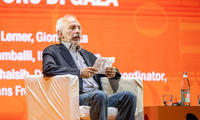
Dr. Mohammed Abu Mughaisib connected from a southern area of Rafah, in Gaza. Despite the logistical difficulties, he was able to deliver an impactful testimony. Being evacuated 11 times since the war started, 19 months ago, he feels lucky because at least his family is safe. “There are colleagues of mine with me, who sometimes come out of the surgery room to get the news that their families have been killed in a military raid or a bombing” - asserted when asked to describe the situation. Children are the ones suffering the most: “Half of the Gaza population is composed of children,” he stated, “and malnutrition is skyrocketing at the moment. Children should eat three meals a day, here they are lucky if they get to eat one meal per day. Everything has been destroyed: schools, hospitals, roads. We do not have either running water or electricity”. When asked about hope, he claimed: “We were hopeful at the beginning. We thought everything would end after Ramadan. Then the situation got worse and worse. Now we started to think that it would be better if they bombed us with nuclear bombs, so we could end the suffering”.
Then journalists Gad Lerner and Ugo Tramballi engaged in an open heart discussion about what it means to be jewish, and what it means to speak up to what is happening. “Those who care for others are the prophets of a possible tomorrow”, stated Gad Lerner while referring to the dialogue with Dr. Mohammed Abu Mughaisib. And continued: “There has been a collective removal of what was happening. But carrying out an ethnic cleansing against Palestinians has terrible consequences also for Israel. Jewish people speaking against it have been attacked and defined as betrayers, but it’s up to the dissidents to defend the future. We are speaking about the elimination or deportation of around 7 million people. Do we really believe this is realistic? To me, it’s criminal and implausible”. Journalist Ugo Tramballi concluded: “This is a conflict like a football match, each part expects you to pick a side without asking questions. This cannot be done; we risk experiencing a backward march of our civilization”.











